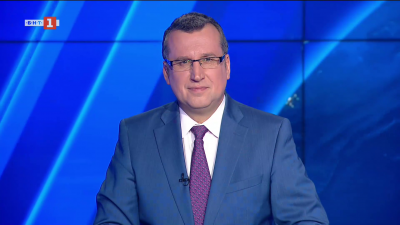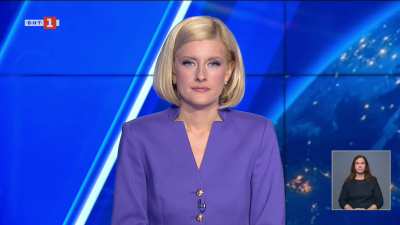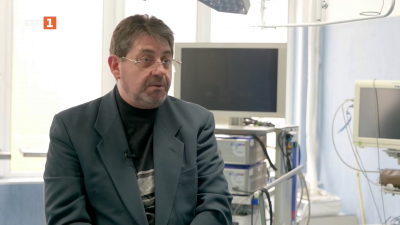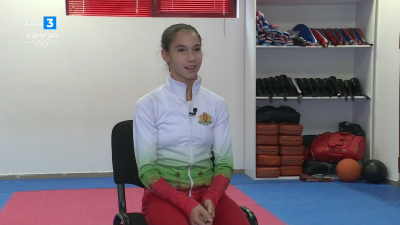Nearly 40% of homes in Bulgaria are unoccupied
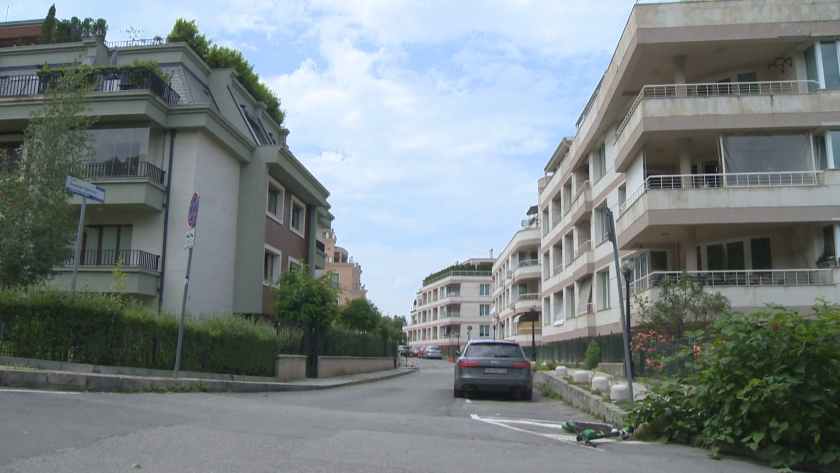
57% of Bulgarians aged 15 to 29 live in overcrowded households. Bulgaria is second in Europe in terms of this indicator, according to Eurostat data for 2021. The good news is that their share is decreasing.
According to Eurostat, 37% of the population in the country lives in overcrowded households. According to national statistics, nearly 40% of homes in Bulgaria are empty. Against this background, the construction of new housing continues. Because of inflation and rising interest rates on loans, however, few people can buy a new home.

In the North-western region of Vidin, there are villages where entire streets are deserted and others where only a few houses are inhabited. There are also deserted houses in Zheglitsa, despite its proximity to the district city. Many of the locals are no longer there and their children have left the area or even the country. Instead, there are young people who choose to live in the countryside and so some of the abandoned homes are coming to life, Hristina Todorova and Boryana Ivanova tsaid.
Meanwhile, many of the newly built apartment buildings in Sofia are becoming empty.
"There are people who, in order to secure their money, have purchased them. And in five years, when the selling prices of the properties rise, they resell them," said Iliana Rashkova, deputy chairwoman of the National Association of Real Estate Brokers.
There are also homes that sit empty because their owners are abroad. And because of the falling rent prices, many owners prefer their properties to remain unoccupied.
"We have no legislation here to give landlords the rights to quickly and easily seek their rights through the courts for damages caused to their home People prefer not to rent out their properties," said Iliana Rashkova.
There are also cases in which tenants vacate the apartment because they have bought their own home.
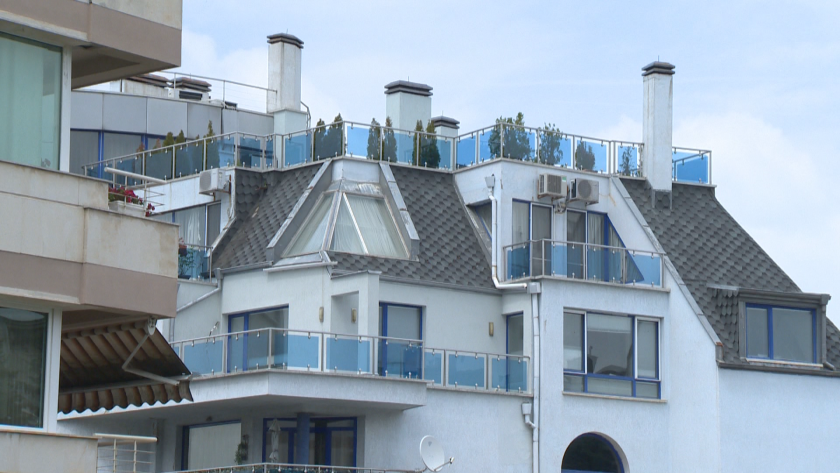
"The rental payment and the mortgage payment to pay your loan to the bank is almost equal," Rashkova added.
The large number of unoccupied homes is affecting the property market. And the municipal coffers.
"Municipalities are losing revenue from taxes and fees. Uninhabited housing is falling apart. I do not know of any other European country with such a large number of unoccupied dwellings," said Mincho Benov, director of the Habitat Bulgaria Foundation.
In Bulgaria, a housing strategy has not been adopted. In some European countries, unoccupied housing is taxed more heavily.
"I will give you just one example from France. There, the owners owe 25% of the market rent that they would have received for the year," said Mincho Benov.
In some countries, so-called social rental agencies operate. They make the connection between landlord and tenant. And they guarantee that tenants will not accumulate bills and will manage the property well.
"On the other hand they work with tenants, especially when it comes to groups who are in some vulnerability and can target support to them. To subsidise their rent. So that they get below market rate access to housing," said Mincho Benov.
The Ministry of Regional Development, which has a special directorate for housing policy, refused to answer our questions. Otherwise, a survey by Habitat Bulgaria shows that 97% of municipal housing in the country is occupied. And more than 10 thousand people are waiting for accommodation.
Get the latest news wherever you are!
Follow us on
Facebook
and
Instagram
Follow BNT’s YouTube channel
You can now also watch us on
TikTok
Find us on
Google News







